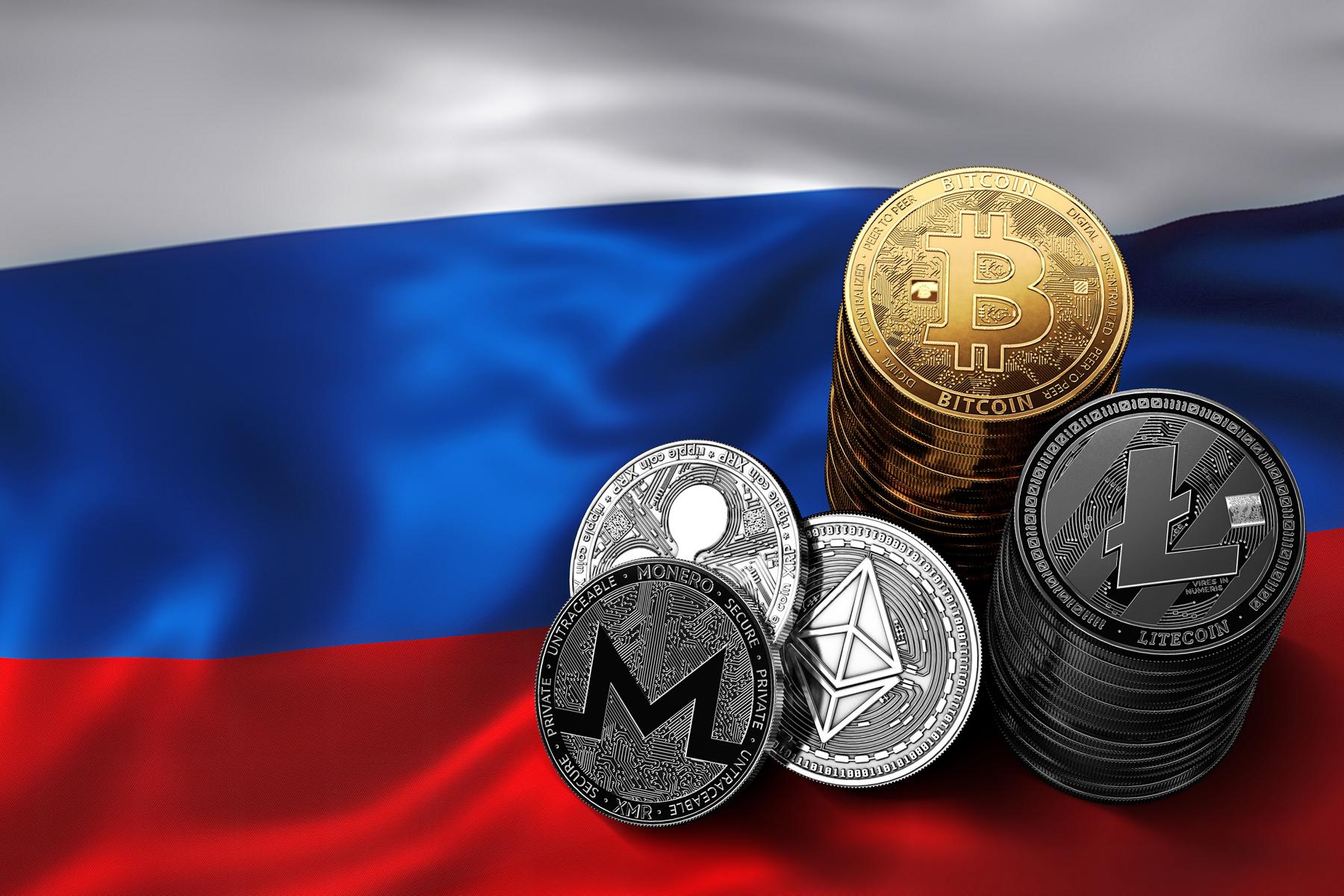
- The US government sanctions aim to disrupt entities facilitating transactions or providing services that assist OFAC-sanctioned entities in circumventing sanctions.
- Among the entities sanctioned is B-Crypto, a Moscow-based fintech firm accused of collaborating with Rosbank to enable Russian exporters to conduct cross-border payments using cryptocurrency assets.
In the latest development, the U.S. Government has taken action against several entities and individuals believed to have provided cryptocurrency products and services that facilitated the evasion of sanctions on Russia.
The Office of Foreign Assets Control (OFAC) under the U.S. Department of the Treasury announced sanctions on thirteen entities and two individuals operating in Russia’s financial services and technology sectors. Many of the designated individuals and entities are accused of assisting OFAC-designated entities in bypassing sanctions by facilitating transactions or providing other services. In an official statement, Under Secretary of the Treasury for Terrorism and Financial Intelligence, Brian E. Nelson said:
“Russia is increasingly turning to alternative payment mechanisms to circumvent U.S. sanctions and continue to fund its war against Ukraine”. The Treasury will “continue to expose and disrupt the companies that seek to help sanctioned Russian financial institutions reconnect to the global financial system.”
One of the designated entities is B-Crypto, a fintech firm based in Moscow, allegedly collaborating with Rosbank to enable Russian exporters to conduct cross-border payments using cryptocurrency assets. Rosbank, a Russian commercial bank, is also subject to U.S. sanctions.
Igor Veniaminovich Kaigorodov, the principal owner of Veb3 Technologies and Veb3 Integrator, along with Timur Evgenyevich Bukanov, the proprietor of TOEP, are also part of the list.
Russia’s Adoption of Digital Assets
Following Russia’s invasion of Ukraine in February 2022, cryptocurrencies emerged as a crucial financial tool for Russians, providing an alternative and potentially privacy-preserving method for cross-border payments. As international financial aid flowed into Ukraine in the form of crypto, tokens, and applications facilitating crypto trading, entities linked to Russia also utilized them to bypass sanctions.
A report released last year by blockchain intelligence firm TRM Labs revealed that exchanges associated with Russia and Ukraine accounted for over half of all international volumes in illicit crypto funds before the outbreak of the conflict.
As reported by Crypto News Flash, BRICS alliance members are strengthening their stance against the dominance of the United States Dollar by implementing trade policies that promote the use of alternative currencies.
Russia, in particular, recently approved Digital Financial Assets (DFAs), aiming to facilitate cross-border transactions while intentionally reducing reliance on the US Dollar. This strategic move comes as a response to ongoing sanctions on Russia’s economy and financial sector following the conflict in Ukraine.
Advocates of the new law view DFAs as a significant development; however, notable constraints remain, particularly concerning Russia’s ability to engage in business with major European economies.






















